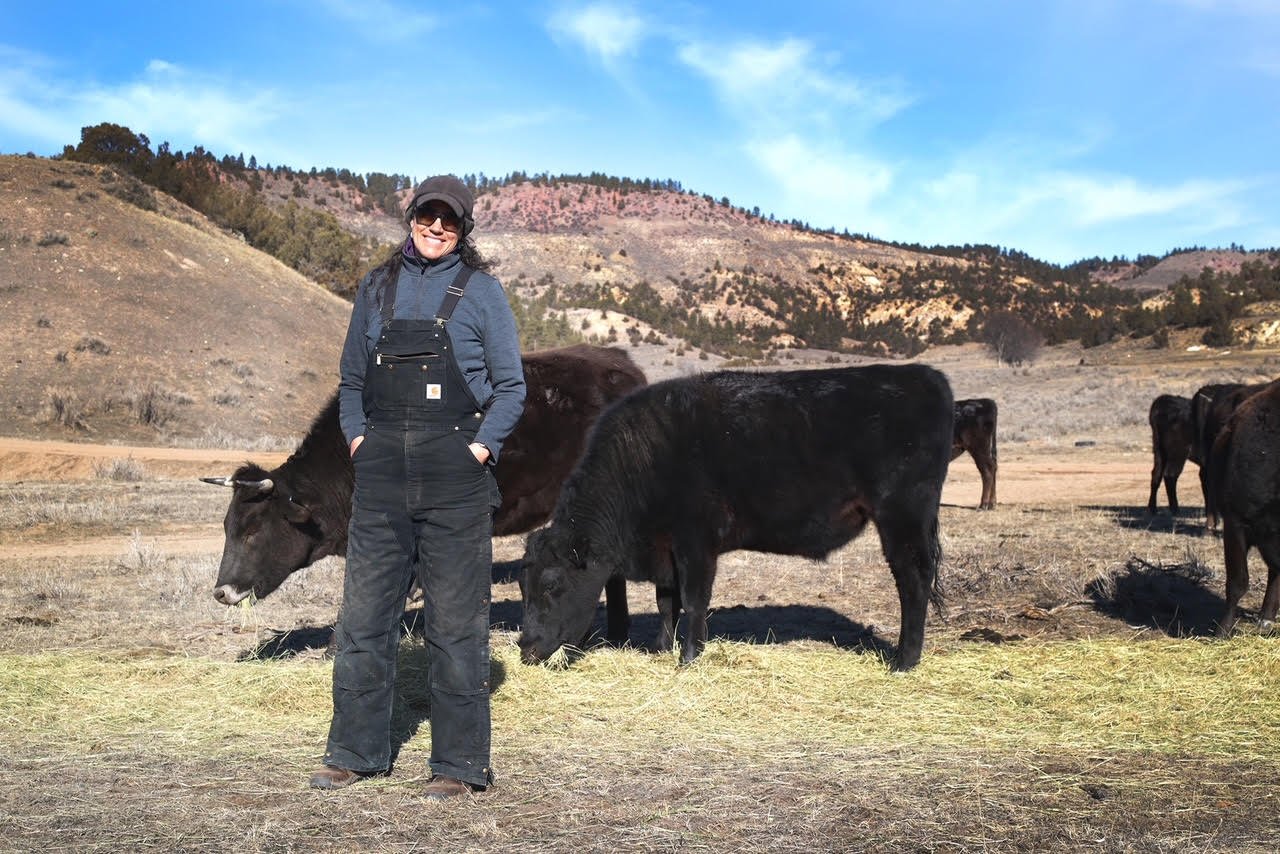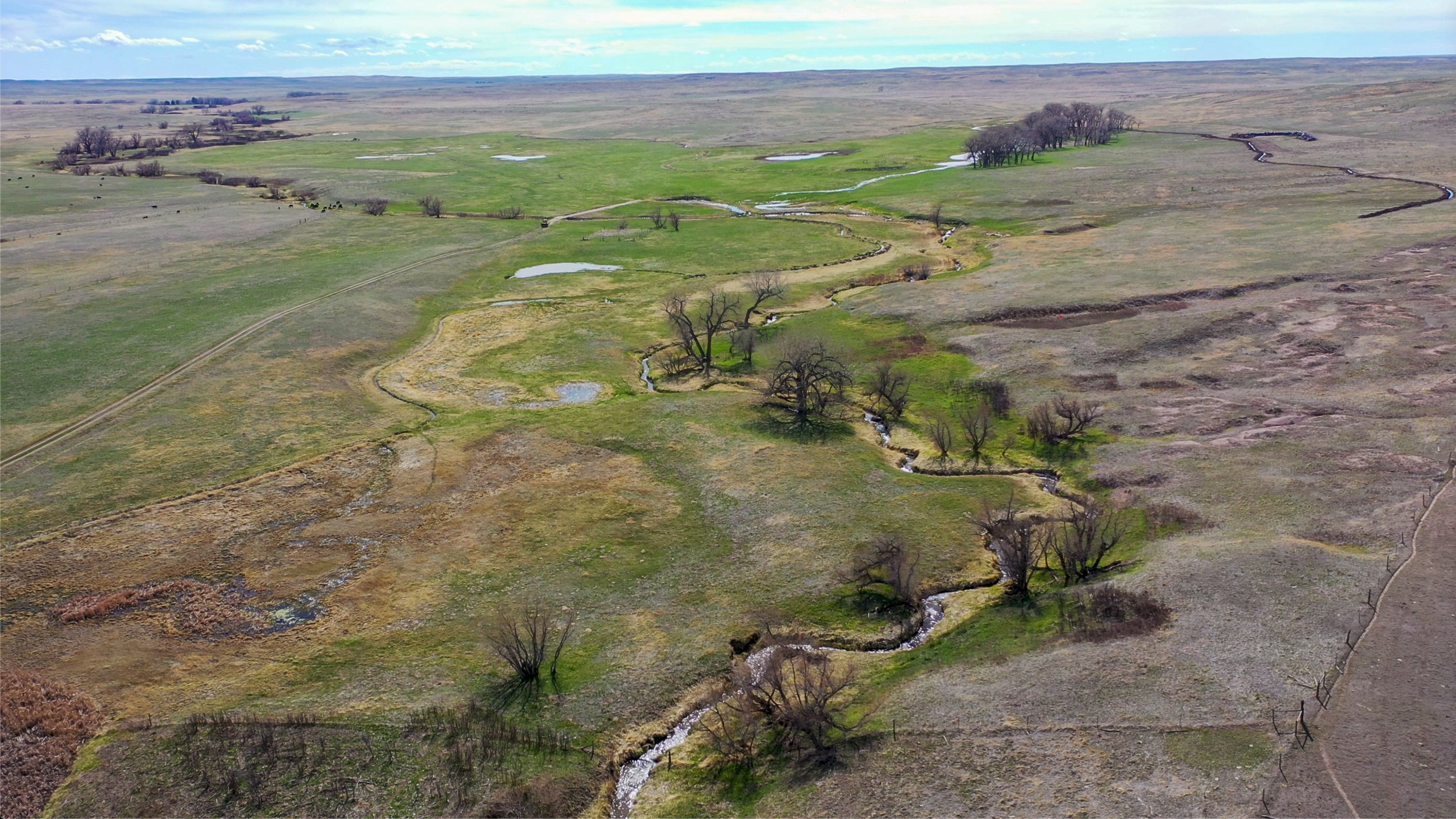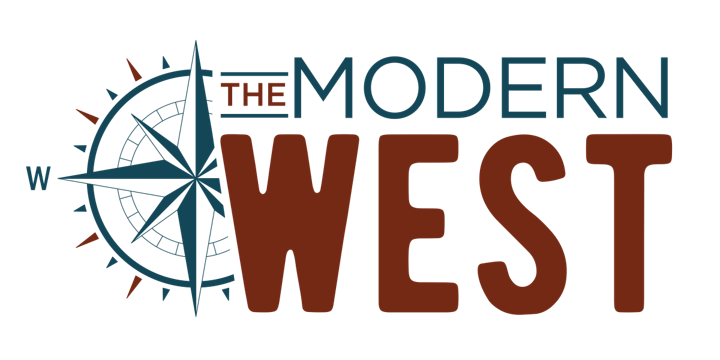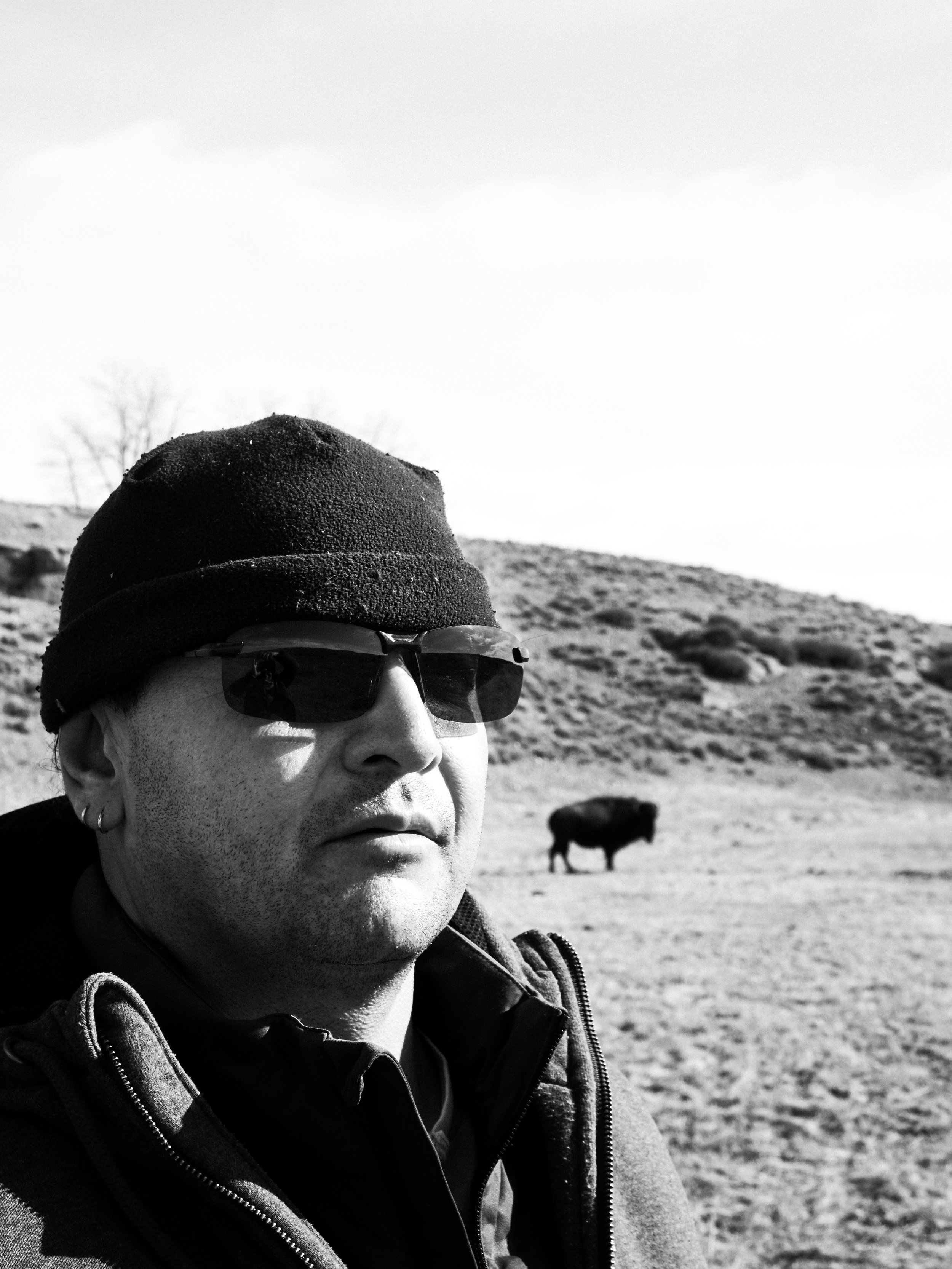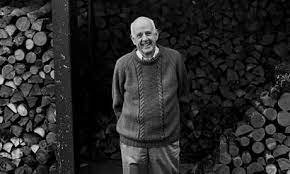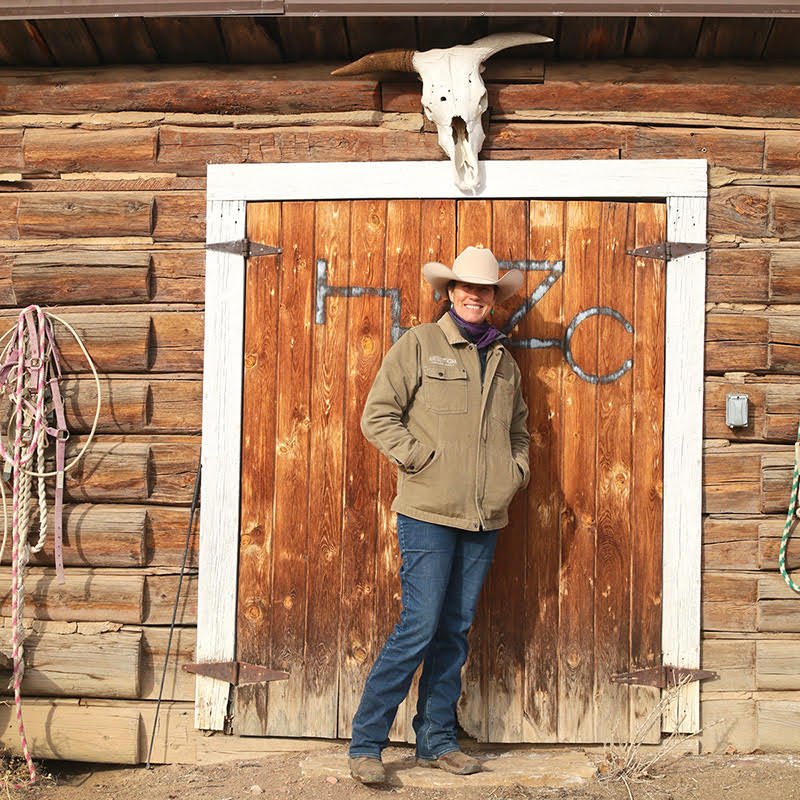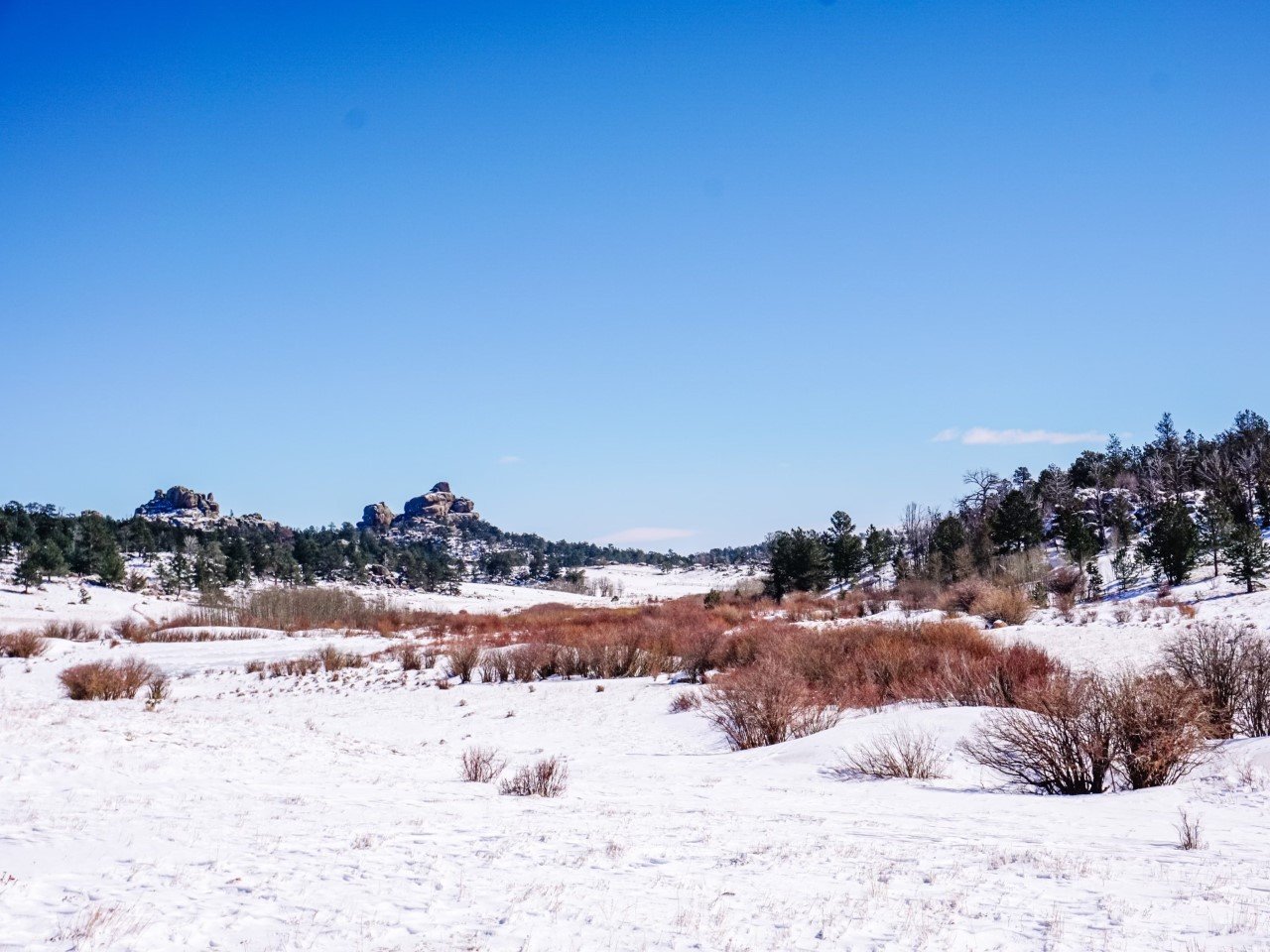
The Great Individualist. Current episode.
Series.
The cowboy roaming horseback across the American West is nearly inextricable from what it means to be American. But in reality, most beef is raised out East where there's more grass, and only a tiny fraction of the economy in the West comes from cattle. But now a new generation of ranchers is working to reinvent this iconic way of life to fit a modern world.
For the Elliot family, there isn't just one kind of cowboy. There are guys like Jake who chase the idea of the rodeo star, never sinking roots, a rolling stone. And then there's Jim, the hardworking and intimidating rancher. In this episode, we bust some myths about what it means to be a "real" cowboy and whether ranching ever measures up to our American ideals.
The Abeyta family has been driving sheep down from the mountains of southern Colorado for generations. But it hasn't been easy to keep that tradition alive – they've had to fight for it. Through their eyes, we trace back the beginnings of the cowboy to the Mexican vaquero and find out how those adventurous roots are still very much alive in the American southwest.
The history of how we brought the pastoral cow to live on the arid lands of the West is a violent one. Jim Elliot grew up in the shadow of that history and his stories are quintessential cowboy, full of guns, death and hard winters. But even Jim recognized the tragedy of the attempted annihilation of Indigenous culture and bison to make way for cows. But now, there's growing hope among tribes as bison make a comeback.
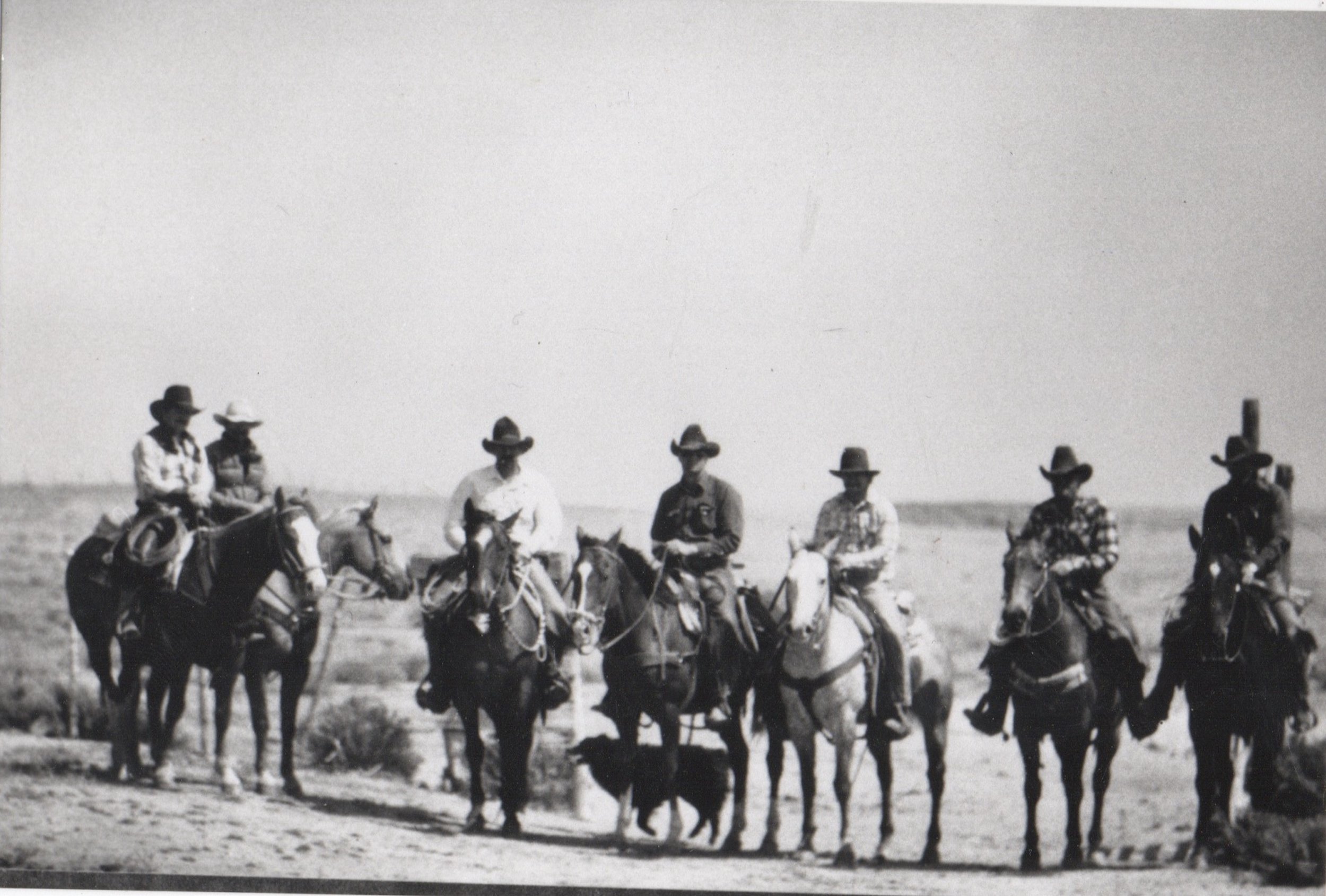
This time, we head to Wyoming's Red Desert - and hear the history of the 19th-century range wars. They led to laws requiring grazing fees and regular land health check-ups. But over a century later, some say these regulations haven't done enough to protect our wild spaces. Not to mention our climate.

The Modern West brings you heartfelt stories about poignant issues happening today in the rural west. A lot of these issues are also felt in other rural communities, across the country. Today we take you to the foothills of the lush Appalachian Mountains in East Tennessee. There you’ll meet people who lost their way of life when a federal agency decided to take their land and flood their rich river valley, burying beneath the water much of our country’s early history, including many sacred Cherokee sites, and threatening an endangered species. This was all done in the name of progress.
From our good friends at the award-winning podcast Middle of Everywhere, with WKMS in Kentucky, this is The Story of Tanasi, the first of a five-part series following a decades-long battle that took the river’s people all the way to the Supreme Court as they tried to save their way of life in the Little Tennessee River Valley. In this first part, called The Birth of a River, you’ll hear a history of the river valley, and learn about the cultural significance and importance of the river to the Cherokee Nation.
We follow the cow's journey from the mountain pasture to the feedlot and eventually the slaughterhouse. Along the way, we hear from animal welfare advocate Temple Grandin and cattle handlers who all want a fairer, more humane market – and one not so monopolized by large corporations.
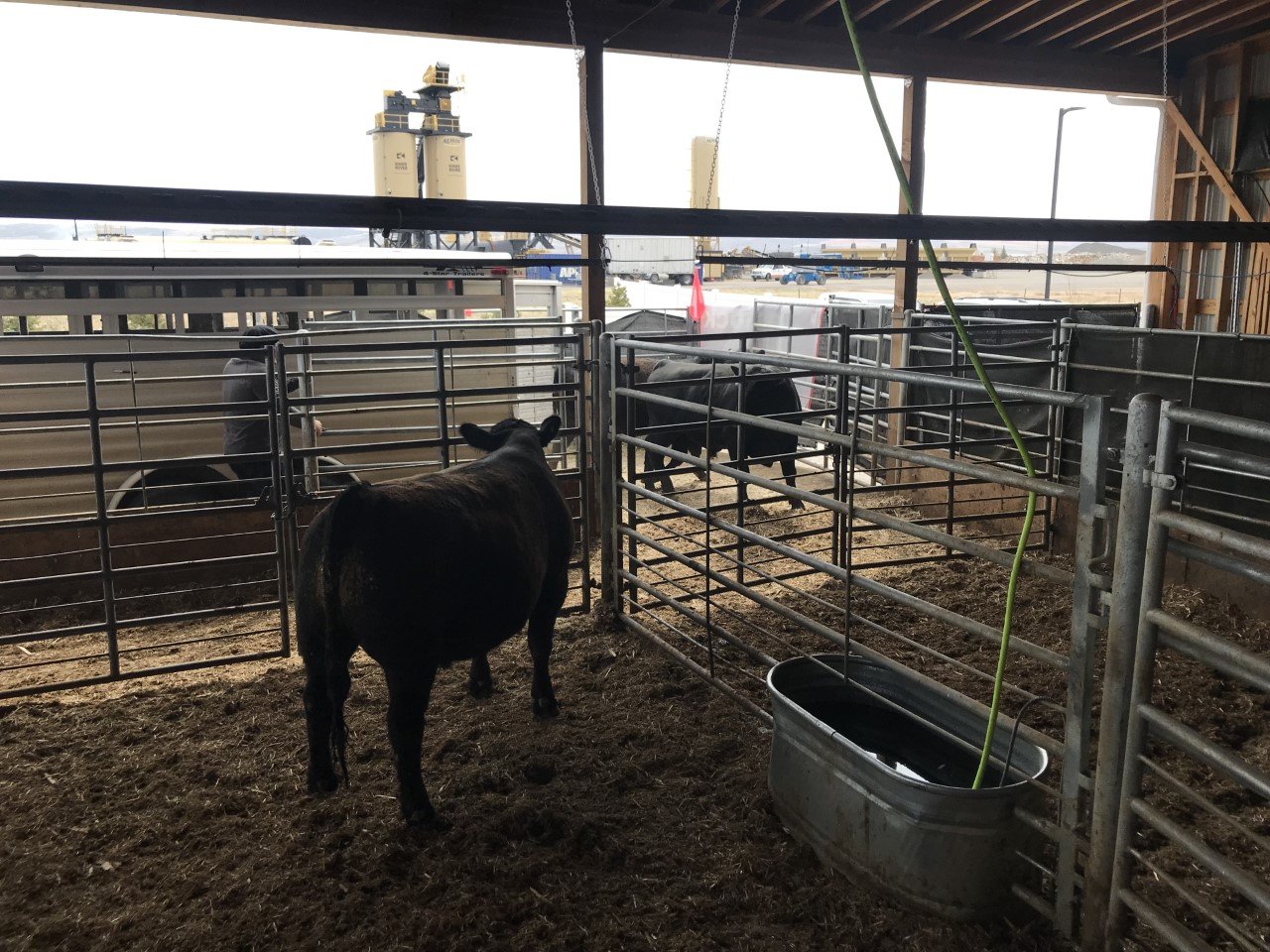
The Rardins are father and son cowboys watching climate change threaten their way of life. They've given up on the old idea of "get big or get out" and joined the regenerative ranching movement. Inspired by how bison improve the land, they raise cattle to protect grasses and reduce emissions. But for many, it's still a financial risk.

If Out There isn’t already on your radar, it should be. It’s an award-winning show that uses stories about the outdoors to help you make sense of your life and your world. Just like the Modern West, Out There gets up close and personal, but at the same time, each of its episodes invites you to think big, exploring deeper questions that matter to all of us. In this episode, Out There explores something on a lot of our minds this time of year: wildfires.
Becky Jensen had given herself the perfect present for her 50th birthday: a two-week solo backpacking trip. But when she emerged from the trail, she learned that a wildfire had started near her home in northern Colorado. Her house might already be gone.
Becky takes us from the tranquility of the San Juan mountains to a cramped basement where she waited out her evacuation, and explores the difficult process of finding a sense of peace, when a natural disaster threatens everything you’ve built.
Wyoming helped develop western water law, including the very idea that public waters belong to all of us. But the state’s reluctance to update its laws has left ranchers scrambling to protect their streams and wells, as drought and water hoarding make water scarcer than ever.
A few years ago, the May family set off on a trailblazing path to protect their land, and the carbon it stores, by selling carbon credits on the global market. By promising to never plow the land, the Mays store carbon and protect native wildlife. But with diminishing margins and the looming threat of fire, the road hasn’t been easy.

Some think the cowboy has gone riding off into the sunset, never to return. But in our final episode, we hear stories of resilience and community pride. We return to Antonito, CO to hear how Aaron Abeyta started a school there to teach children that success doesn’t mean fleeing your hometown. It means staying to celebrate the unique heritage of the community.
It's very important when you introduce a new technology, to make sure early adopters don't fail. And I want virtual fencing to work. It’s a bonus episode! Binge the whole season of the Great Individualist now.
This time on The Modern West, we join an 1896 hunting expedition to America’s first national park. The journey reveals cracks in our concepts of Yellowstone, a place entangled with violence toward the Indigenous people who long took care of the region.
For all you Modern West fans who love our last season about ranching and the cowboy mythos in the American West, have we got a treat for you. We’re going to share an episode from our good pals at the podcast Reframing Rural. It’s now in the middle of its third season “Groundwork,” and they’ve been sharing stories about host Megan Torgerson’s family farm as well as the widening wealth gap in Montana…think towns like Bozeman and Missoula. This episode we’re going to hear about Jeanie Alderson, a fourth-generation Montana rancher and the co-owner of Omega Beef. In the '70s, Jeanie’s parents were among the rural organizers to form the Northern Plains Resource Council. Today, Jeanie continues the council's work standing up for family ranches by fighting against the "Big Four" meatpacking monopoly that's dictating prices and forcing some ranchers out of business.
